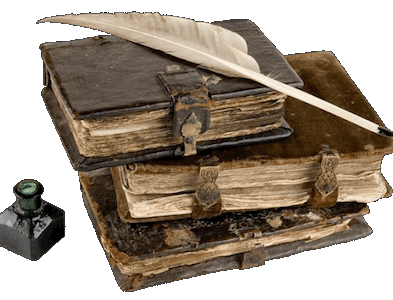
Riffing on the Classics: Books That Pay Homage
I feel like I have the same revelation every couple of years or so: Hey, there are a burst of books being published right now that credit their source material/inspiration/plot/characters – whatever – to a quote-unquote, capital-C Classic work of literature.
It’s not a new trend, and it happens now fairly frequently. But there are a number of books that are either recently released or coming down the publishing pike that derive their inspiration* from books I haven’t read or haven’t read in a long time and remember very little of.
Like Belzhar by Meg Wolitzer, which is a YA novel “inspired by” Sylvia Plath’s The Bell Jar, quotes from the publisher’s website, that will be published in September this year. I’ve read The Bell Jar, but it’s been a reeeeeeaaaaalllly long time. And The Story of Edgar Sawtelle by David Wroblewski, which is a retelling of Hamlet, which I haven’t read in probably 15 years since I was 15.
Last year, Ronald Frame published his novel, Havisham, which is a “tribute” to Charles Dickens’ Great Expectations. Which I have not read, full-stop. And the forthcoming Solsbury Hill by Susan M. Wyler is one of many, many retellings of Wuthering Heights by Emily Bronte. Or the YA series by Bethany Griffin, Masque of the Red Death, inspired by the Edgar Allan Poe’s short story by the same name.
My point is this: all of these appropriations are books I want to read. But is it possible for me to enjoy them or understand them without having read the source material first? Or can I enjoy them without grasping the full meaning that would come from the original stories?
For that matter, are books that are related to classic pieces of literature or authors, but which don’t directly draw from the original stories enjoyable without any knowledge of the source material?
I haven’t read Middlemarch by George Eliot, which serves as the basis for Rebecca Mead’s non-fiction book, My Life in Middlemarch, and I fear I won’t be able to grasp the significance of Mead’s work without having read Eliot’s work first. I’ve read very little of J.D. Salinger’s work, but I still want to read My Salinger Year by Joanna Rakoff. For that matter, what about Mrs. Hemingway by Naomi Wood? Drood by Dan Simmons? Mrs. Poe by Lynn Cullen?
My Riot colleague Peter pointed out that, for him, reading these kind of homage-y works is often the entry point for reading those classic pieces of literature, which is a practice that absolutely makes sense to me. That being said, Shut Out by Kody Keplinger a few years ago didn’t really make me want to read Lysistrata by Aristophanes, though I enjoyed the fun YA take-off.
I understand fundamentally that this may depend entirely on the book – both the homage and the source – and how much the retelling depends on familiarity of the original story. Because the original is central to its premise, My Life in Middlemarch may have a much more significant impact on me with a reading of Eliot’s novel under my belt first than, say, reading any of Hemingway’s work and the potential impact on my reading of the novel, Mrs. Hemingway, which is more about the author’s personal life and only tangentially about his work.
All that being said, coming at it from another angle, I’ve read my share of Pride & Prejudice retellings, like Bridget Jones for example, and I definitely enjoyed the winks that the author was throwing my way that I recognized precisely because I’d read Jane Austen’s novel.
Frankly, as much as I would love to go back and read all of these wonderful classic works, there are just too many books in the world.
Would I eventually like to round out my literary education with Dickens and Hemingway and most of the Brontes? Yes, I would.
But am I going to put off reading another possibly amazing book because I may not fully get it? I’m not sure I am.
*For the record, I had a really hard time categorizing these kinds of books. Thanks to the rest of the Riot team for helping flesh out a few good descriptors. But honestly, the reason these books are so hard to define in a singular way is because there are so many variations. Seriously, go down the “retellings” rabbit hole on Goodreads and you’ll see what I mean.











